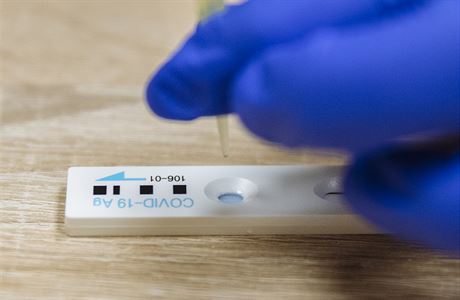It’s about desperation, fears, pressure and a little bit about hope: Federal President Steinmeier invited citizens to a corona round table – and learned a lot about the state of the nation.
By Kristin Joachim, ARD capital studio
It’s an experiment that anyone can watch live. A kind of Corona roundtable where everyone can say anything – and even should, in the future regularly, always with the same cast.
The atmosphere is not as relaxed as at the kitchen table at home – you don’t know each other so well. And: The one at the table is the Federal President. Frank-Walter Steinmeier speaks for the first time publicly in a live stream with seven citizens about their experiences during the Corona period, their worries, their fears. He calls it a “civic situation”. He had already met some of them, and planned to do so with others. Because of Corona, it hadn’t come to that. Everyone should be honest, that’s what Steinmeier demands right from the start. He wanted to feel the pulse of society.
Above all, Katrin Andres is desperate. “It looks pretty bleak here. Nothing is really going on here at the moment.” The inn with hotel operations in Freyung, Bavaria, stands still. The Federal President stayed there in the summer of 2018 and got to know her.
Now the family business is about to end. The November aid is still not paid out, the December aid can still not be applied for. “We have 20 weeks of closure out of 52 this year. That alone is fact enough to describe our situation. We have no prospects. We don’t know how things will continue.”
Anger speaks too
They would have invested extra in hygiene concepts, plexiglass panes, special cleaning agents. Then the closure. And now there is not even any help. Now, above all, anger speaks from her. The Federal President asks whether she could at least apply for a discount. She already has. But nothing arrived on the account. And the fixed costs remained. They only cooked take-away on Sundays.
The restaurants in town have divided the days of the week among themselves. So everyone does a little business at least one day a week. “We have the full support of the population. You can really see the solidarity in our small town from the to-go business.” Then there is Gaby Weber, a nurse in a senior citizens’ home in Bremen. She cares about the residents in her facility. More and more employees are infected, including the first resident recently.
Christmas is just around the corner and many visitors have already announced their arrival. She hopes “that in spite of all the emotionality at such a festival, people will keep to the hygiene rules”. She is also afraid for her residents, but also for her employees and herself. “I haven’t hugged my mother since March because I work in a care facility.”
Children especially suffer
What also becomes clear in the group: It is mainly the children who are suffering from the pandemic. Birgit Brandtscheit describes this drastically. She was awarded the Cross of Merit by the Federal President in October. Your children’s table in Zerbst in Saxony-Anhalt usually offers not only bread and butter and warm soup, but all kinds of help that children from an economically weak environment need. Homework help, new shoes, an open ear and above all a daily structure. None of this is currently possible. “We have to send the children away. We can only have one family here at the same time, otherwise we cannot adhere to the hygiene rules.”
That makes the children sad. Donations have also decreased dramatically. The volunteers, mostly women over 60, only come to prepare, they do not want contact with the children. Brandtscheit says she can understand that.
Even at school, the children are under enormous pressure, says Maxi Brautmeier-Ulrich from Paderborn. She runs a primary school there. It lacks the lightheartedness that children actually deserve. “When I sometimes see children stepping out of the classroom into the hallway and then wincing because they forgot to put their masks on, then I know that is not a good development.”
They themselves and the other teachers are also under considerable pressure because they are always afraid that parents might say that their children are just not learning enough, that the school is doing something wrong.
“For tough lockdown”
What they thought of a renewed lockdown, the Federal President wants to know from everyone, that is, from more stringent measures, as they are now being discussed. That would be terrible for the elderly, says nurse Gaby Weber.
Norbert Voss is what he calls a “tough lockdown”. The painter and varnisher does a voluntary job in a football club with young people. All of this is falling away. He also says that people didn’t take it seriously enough the first time around. That is different now. During the conversations in the lounge of his work, he often heard that it was now dangerous. “There are simply more corona cases in families now, everyone knows someone who was once in quarantine.”
Primary school director Maxi Brautmeier-Ulrich can also make friends with an earlier start of the holiday. A lockdown is long overdue for Katrin Andres. “At the moment, the restrictions are primarily affecting us, but are of no use. They have to apply to everyone, and then they may end at the end of January.” Then she says that her husband is celebrating Christmas at home for the first time this year and does not have to work in the inn.
It’s just a small consolation. The pulse that the Federal President should have felt after an hour and a half was probably a rapid fear pulse paired with anger. The group wants to meet again at the end of January. Then you will know each other a little better. Maybe talk more openly. Then there will be a Christmas behind everyone involved, as it has never been before. And probably again in lockdown for a long time.
– .


